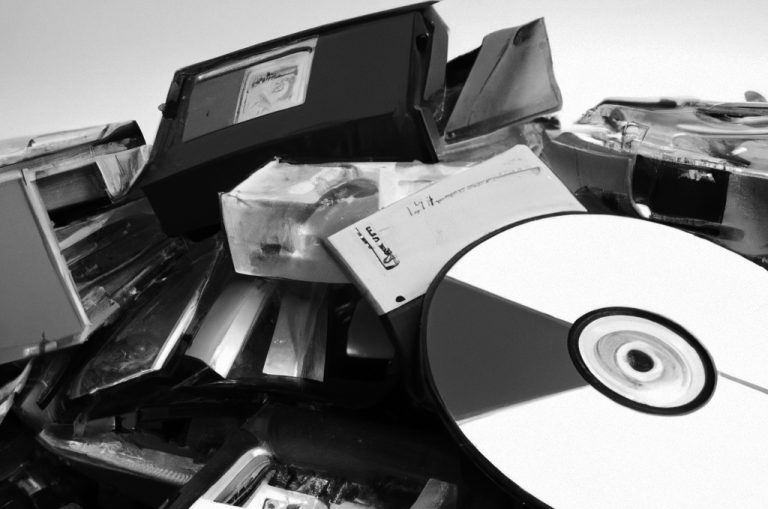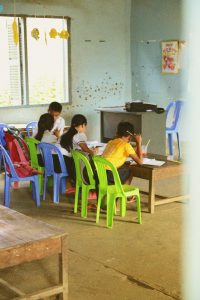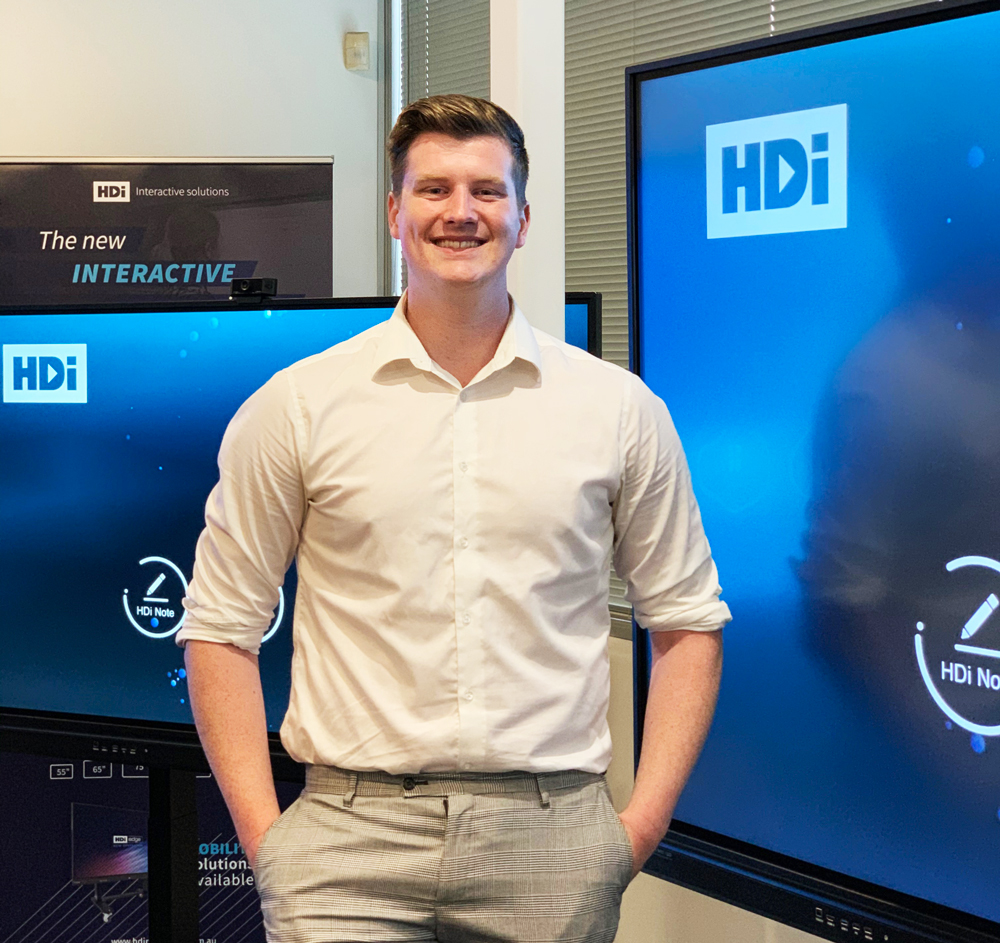Many businesses and schools refresh their technology every 5-7 years, not because they no longer work, but either they have financially written them off or just the plain, simple fact that they are old. With the tech in a working state, and still very useful, with them thrown out it creates a large e-waste problem, that is only getting bigger. In a statistic that we should not be proud of, Australia is one of the world’s largest producers of e-waste with, in 2019, nearly 22kg of e-waste per person produced every year. So, what is Technology Core doing to help?

Knowing that only fewer than 1% of TVs in Australia are recycled every year, as a maker of HDi Interactive Screens, Technology Core is very concerned with the problem of what to do with older screens and e-waste. While most of the older screens uninstalled by Technology Core’s technicians are sent to an e-waste recycling centre, some are refurbished to use in places that might not be able to afford new technology, giving people a chance at using great technology to enhance their business or learning.
Technology Core has been offered an opportunity to take this further, by giving refurbished screens new life in schools in Cambodia.
In partnership with Australian Collaboration Cambodia (ACC), Technology Core is working to donate refurbished HDi Interactive screens as well as the install and training on how to use them. As Christopher Carolane from ACC explains, the schools in Cambodia run on extremely limited funding and luxuries like interactive screens are well beyond their means, with most schools still running chalkboards and chalk to impart information. “They have a blackboard and chalk, and that’s it to teach, while using the Khmer method which is rote learning”, he explains.

Photo by Odd Fellow on Unsplash
To assist the Cambodian schools in implementing the refurbished screens, Max Stevenson from Technology Core’s NSW office, will be heading to Cambodia in January 2023. Max believes that finding ways to reuse the older technology in places that otherwise would never have it, is very important in helping to build these communities and to keep older tech in use for longer. “My role for the Cambodia trip will be to install the screens and also deliver training to key individuals to ensure that they get the most out of the technology, but I’m really keen to not just install screens but implement solutions that staff and students can integrate into their learning,” Max says.

As the world looks to find ways to reduce waste and recycle and reuse what is used in different ways, initiatives such as that run by ACC and Technology will help remove the need for more new items, but instead give perfectly working older tech a new lease of life. Children in places like Cambodia can then have better opportunities for learning, while the future of all children can be improved by reducing the amount of waste added to the planet every year. “As technology develops there is a lot of waste,” Max says. “If we can minimise that waste and help communities improve the way they work, teach and communicate, everybody wins.”
If you would like to help make a difference in the way that older tech is reused, please visit: www.australiancollaborationcambodia.org where donations can be provided to assist the group with being able to do even more in Cambodia.